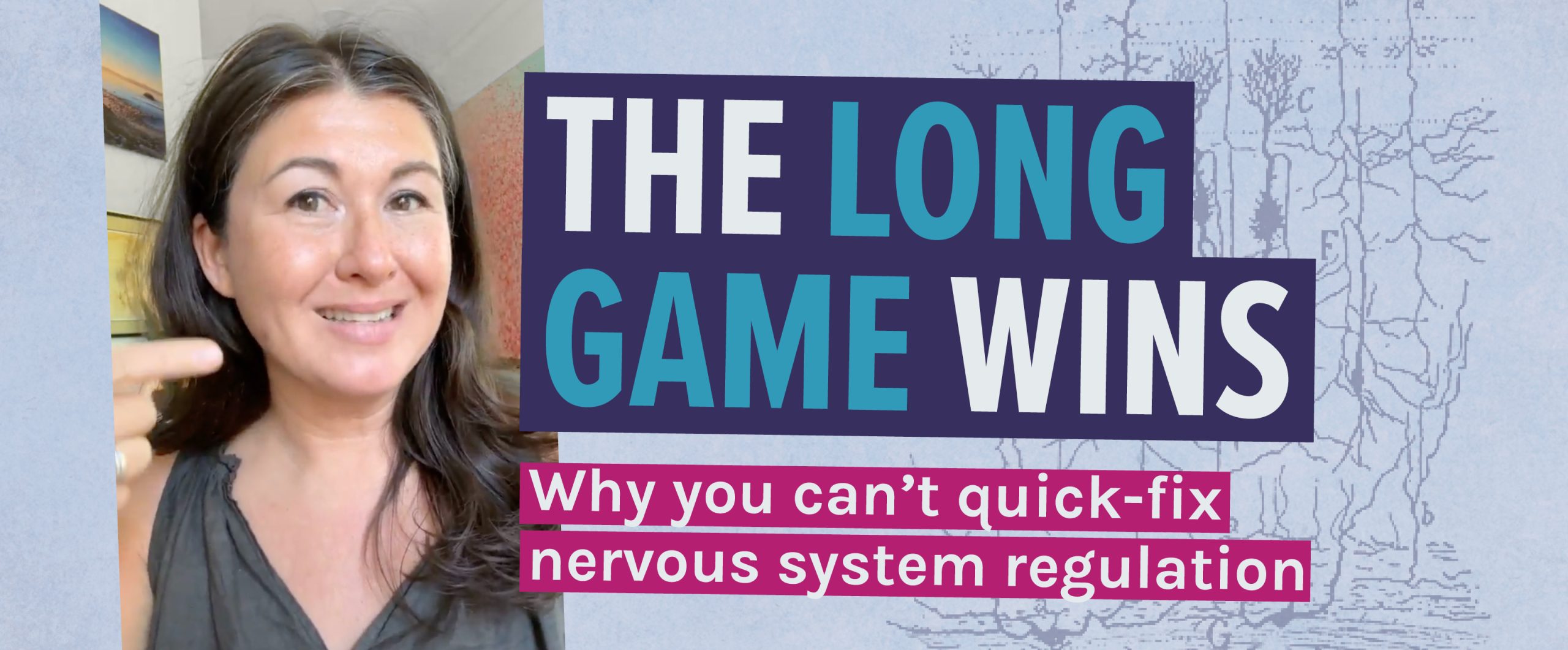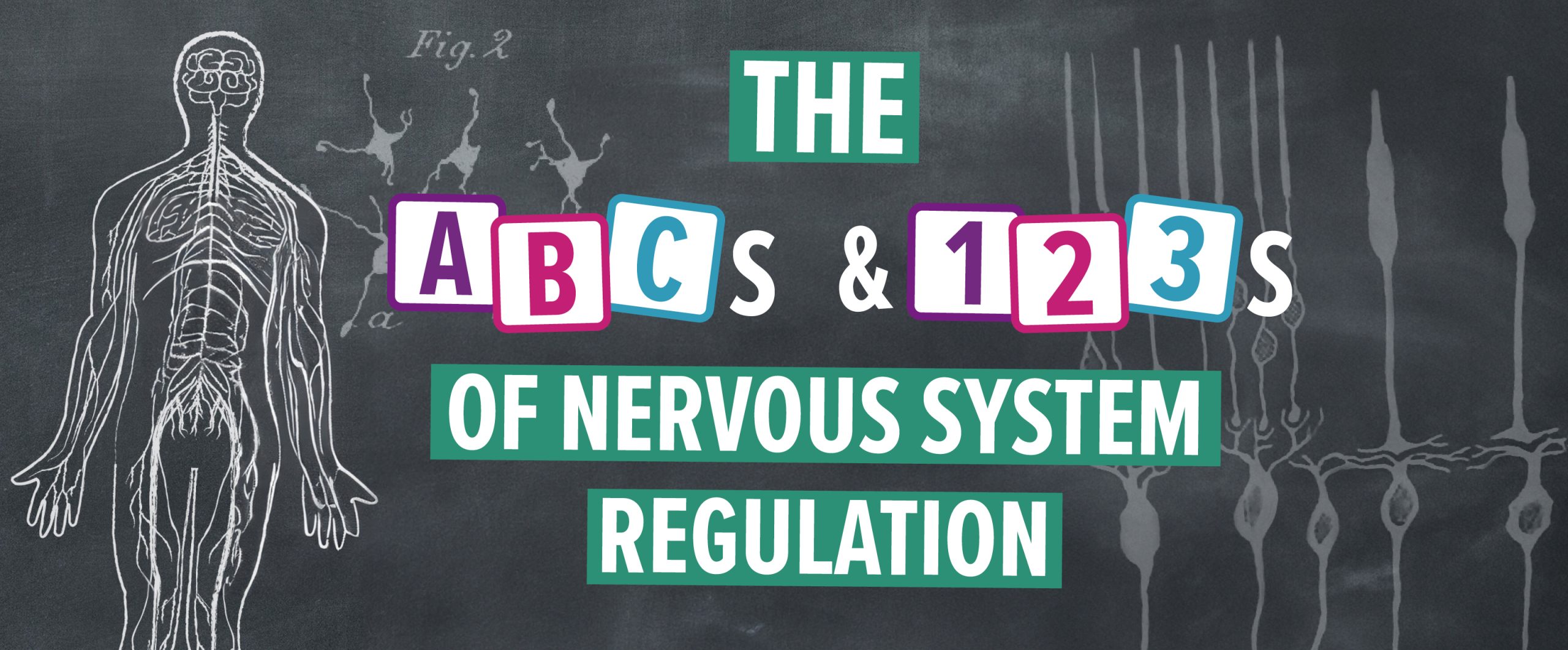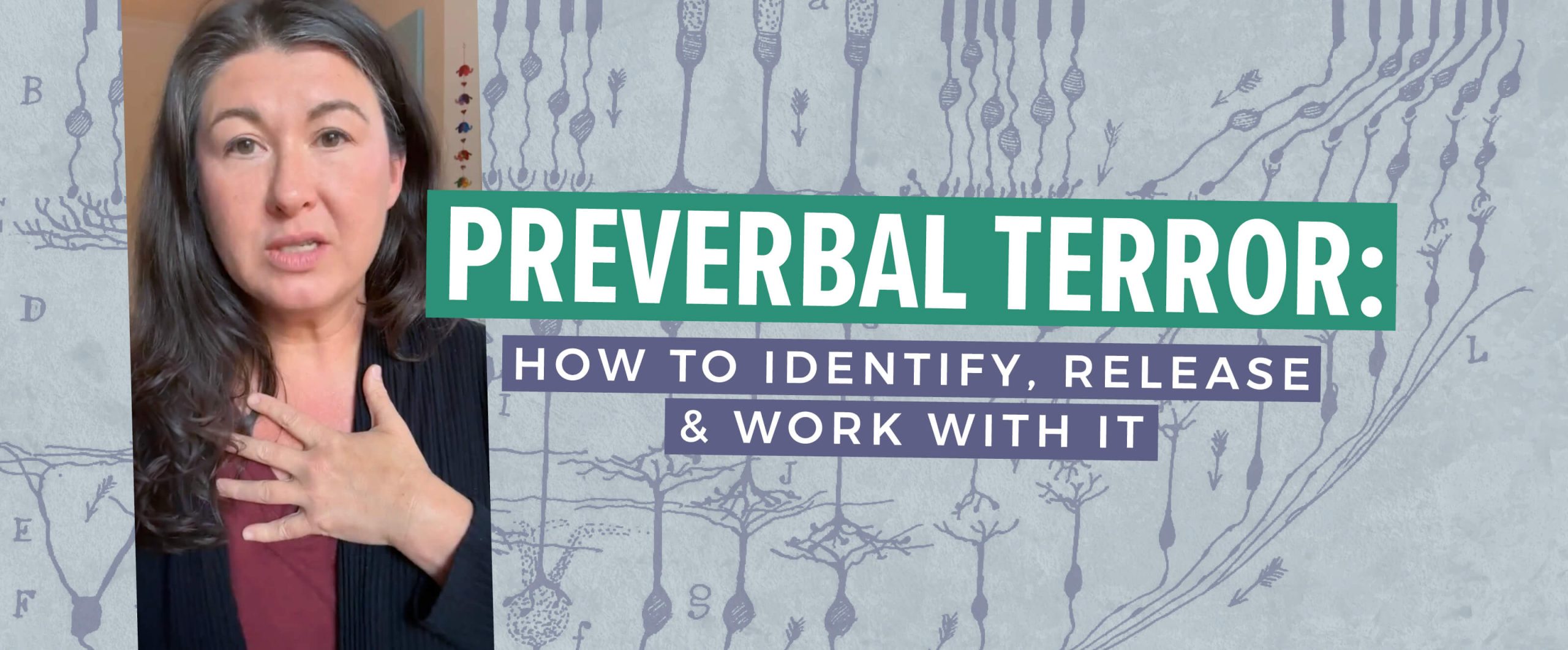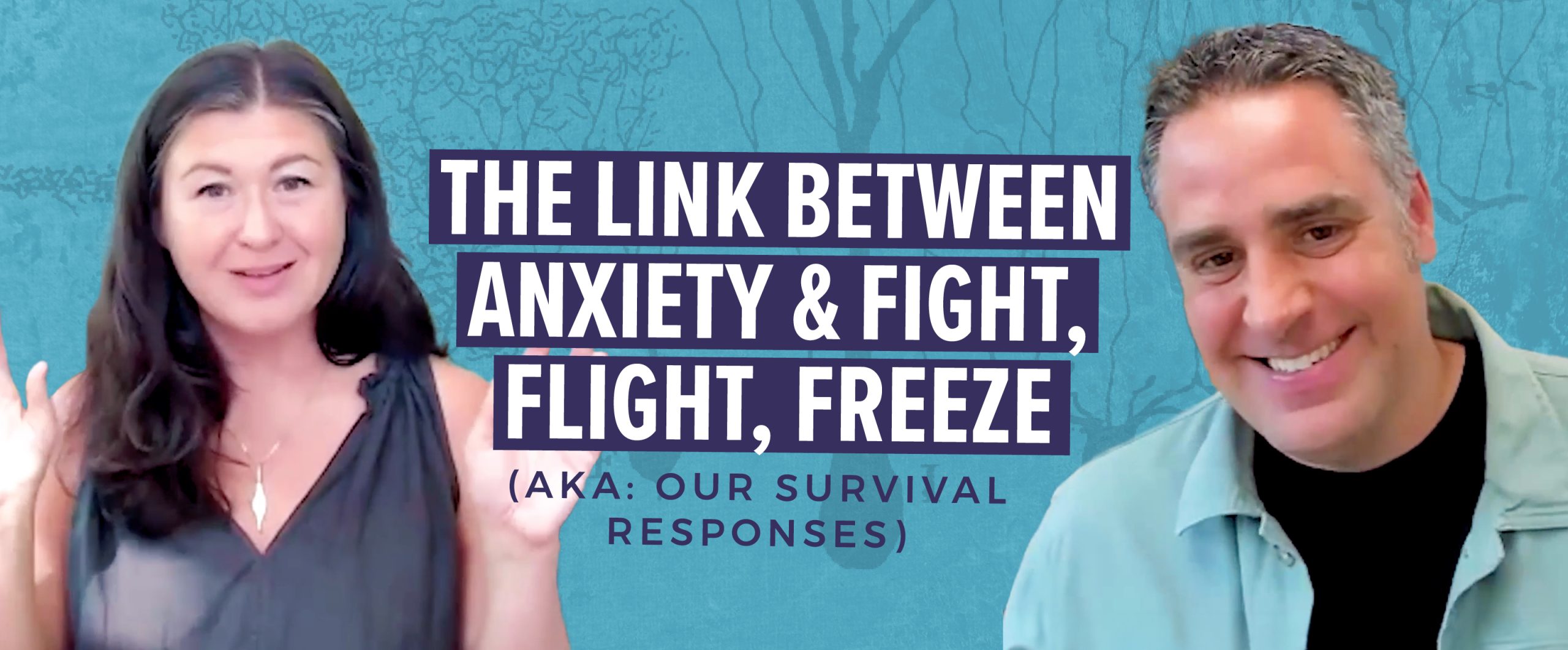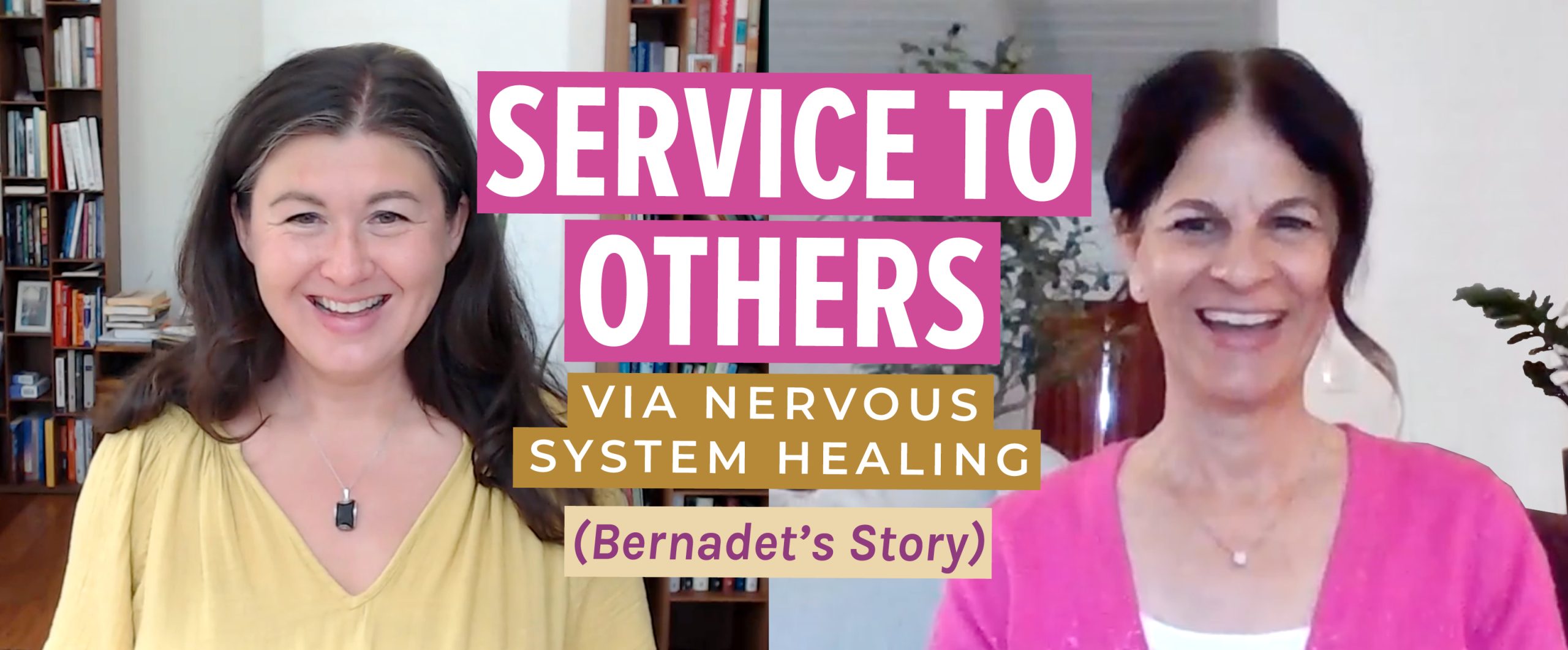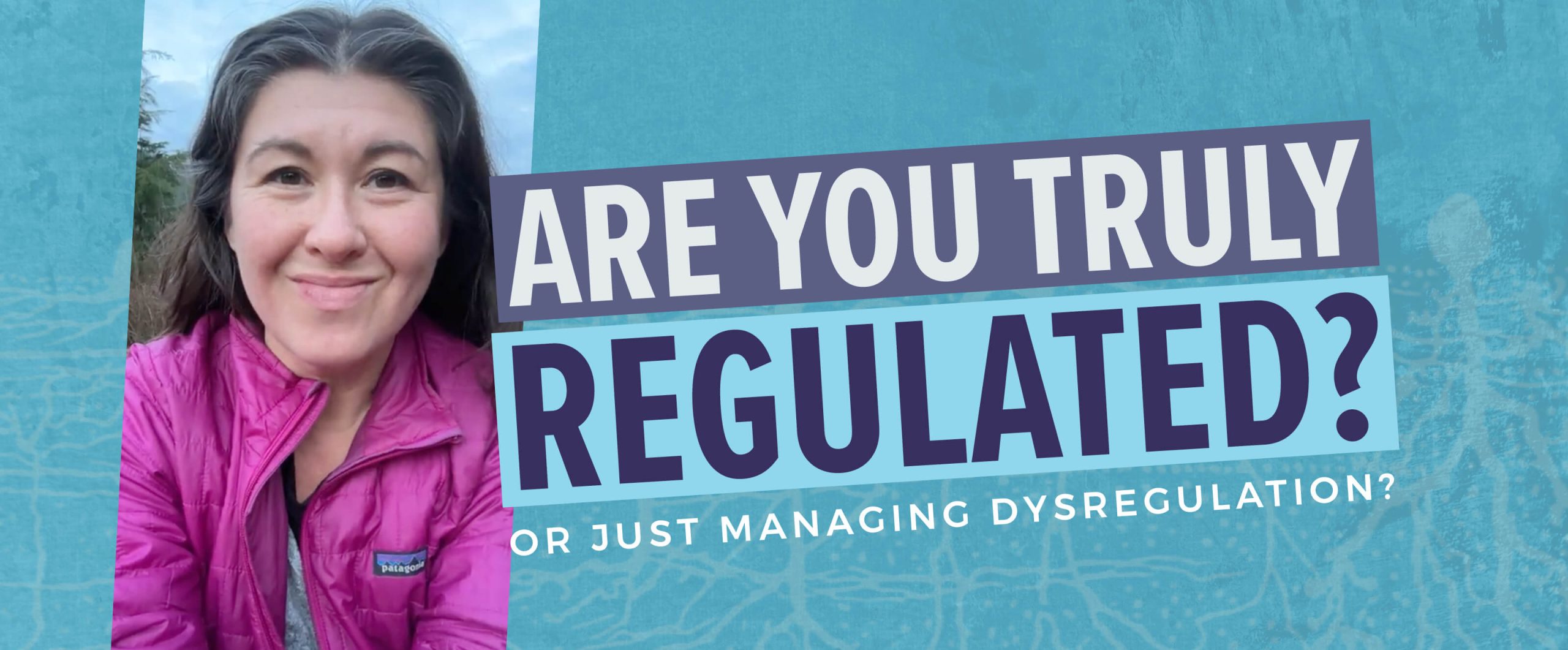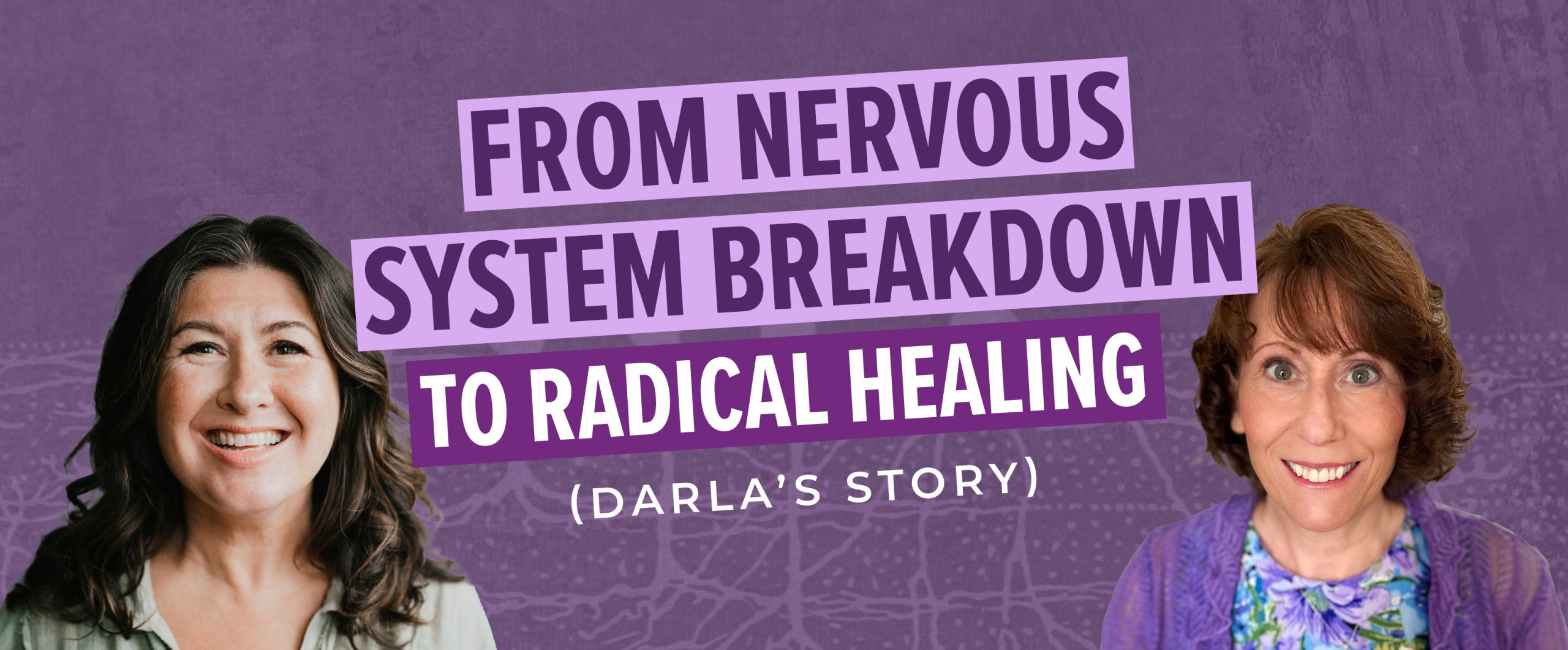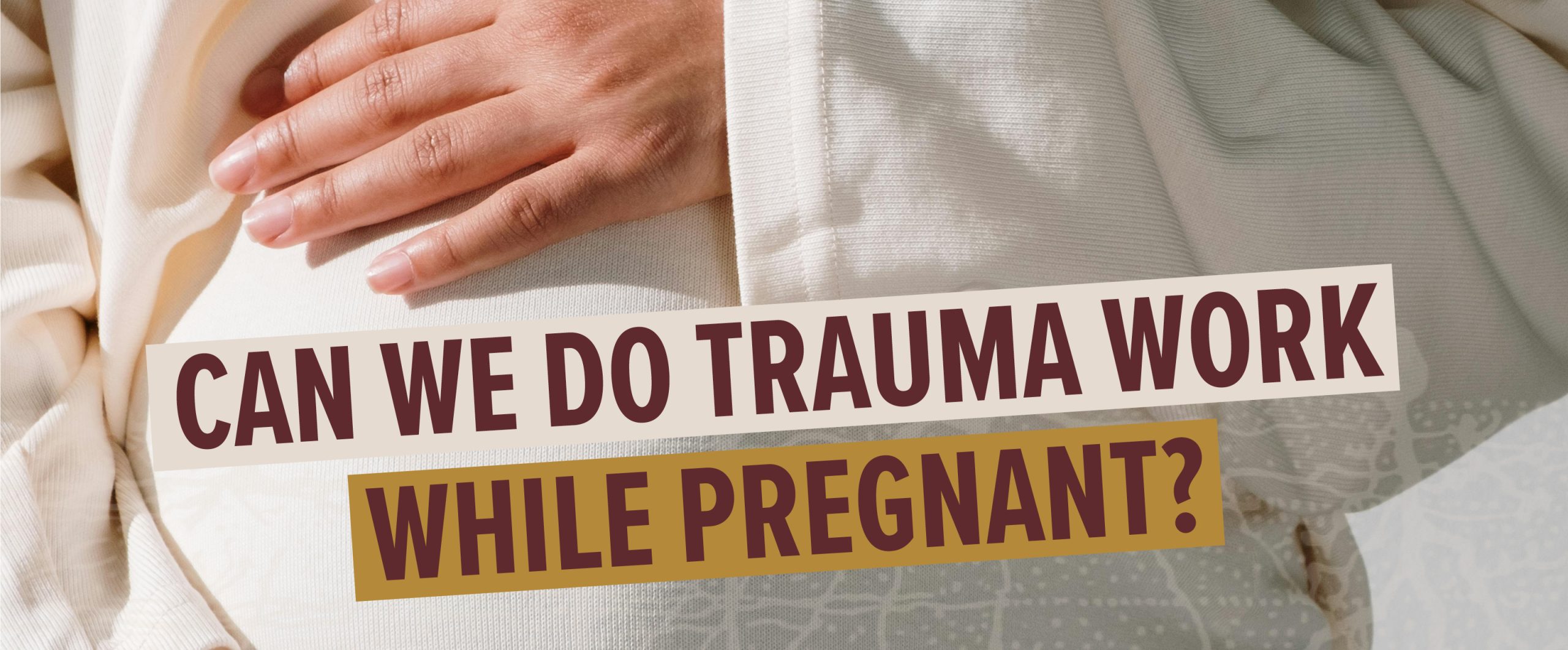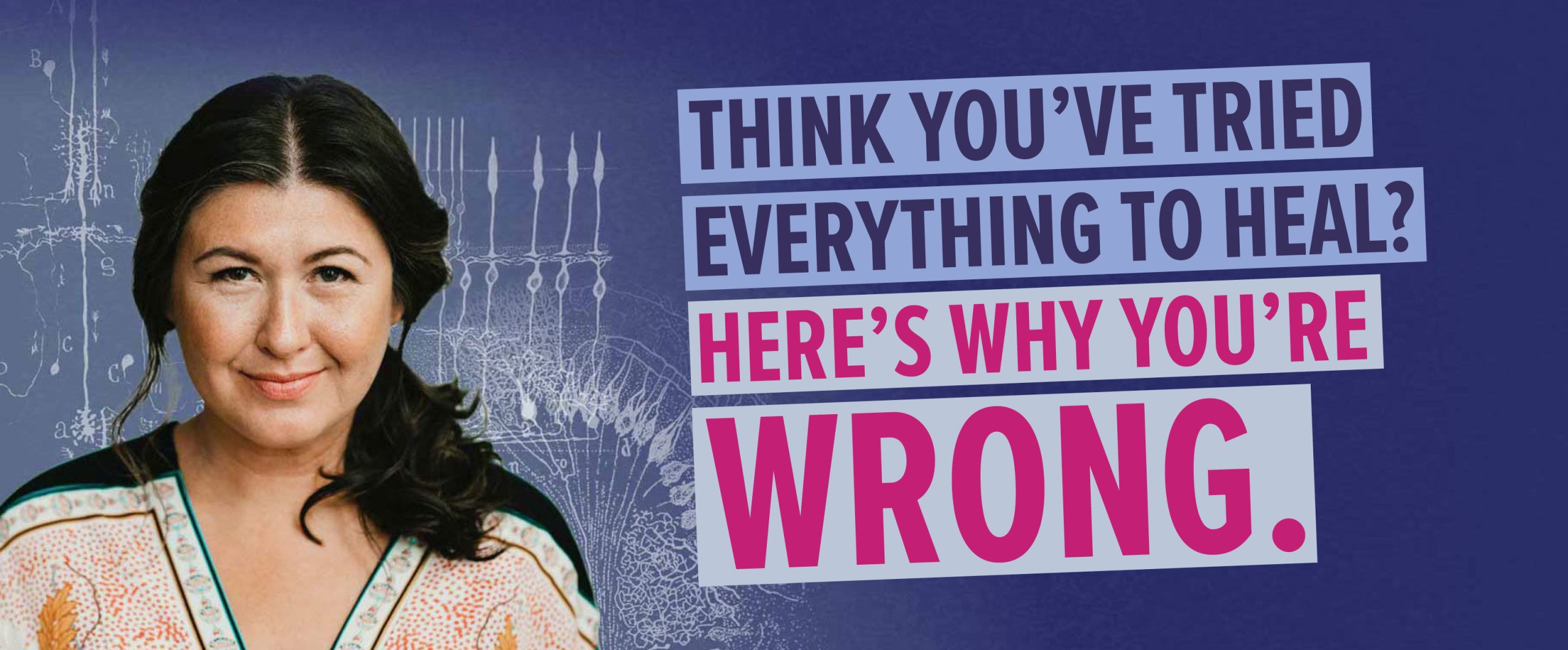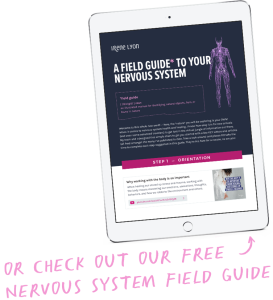I want to share something with you that often gets confused or misunderstood:
The link between Depression and Shame.
A few weeks back I was responding to a question in my Facebook community, Healthy Nervous System Revolution, and it had to do with the connections between shame and depression, and since this is such an important topic when it comes to physical, mental, emotional, and relational health, I thought I’d breakdown how these two connect a bit more here.
This was the question from my community member:
“This really resonates with me, I have always felt like my anxiety feels more like shame and guilt… in my adult life, when i wanted to explain the feeling I had most of the time as a child I would call it shame, and that shame would separate me from all of my life. I also called it the separator… Now I tend to call it anxiety, but it still feels like shame… Irene Lyon?”
My response provided some clarity for many in the group and it’s why I wanted to share it with you here:
Shame or toxic shame, that is experienced during our lives, usually first as an infant, then as a child, adolescent and into adulthood, is often because a parent is not aware of their own trauma. Therefore, they’re carrying this trauma from their own childhood, which can lead to them passing it on, in their parenting style (their attunement and attachment style), to their children.
Toxic shame is a cellular, body quality of defeat. It manifests itself as squashing our life force energy out of us. We shrink. We feel like we mean nothing. We feel we are nothing. Typically it is our parents who dose this out to us, but it can be others; family members, bullying siblings, bullying school mates, partners etc… Sadly bullying siblings go hand-in-hand with parents who dose out that toxic shame.
Because a parent often can’t feel or see that bullying, and causing humiliation to their offspring is a bad thing and should be stopped, it continues and siblings will get away with it as well which just perpetuates this vicious cycle.
If we don’t heal (which rarely happens at the biological level these days) we will attract shame to us. We will self-loathe, have low self-esteem, self-hate, self sabotage; all those things that keep people really stuck, sick or depressed which then leads to internalized anger. We attract this unconsciously; by being with people, situations and work environments that keep us in this pattern of defeat and low self-esteem.
It can be very tough to break out of this but with work and consistency a person can heal for real!
Toxic shame is what causes depression (and all the pieces that go with it) because it hosts a whole cocktail of biological shutdown, trapped anger and aggression. This creates a depressed neurophysiology.
The physiology that comes with toxic shame (the depressed system; no expression of healthy anger; low metabolism etc…) can then turn on a person’s genetic predisposition for depression (others might have a genetic predisposition to addiction, fibromyalgia, gut issues, autoimmune disorders, mental illness etc…).
It’s pretty much accepted by those who are in the new traumatology fields that our survival responses can get stuck in a chaotic dance between fight, flight and freeze, which can leave a person unable to process much of life and its varied experiences of feelings, sensations and thoughts. Many of them believe the bulk of mental illness is just a symptom or byproduct of poor circumstances early in life with limited help to move a person towards more goodness, safety and processing of the original traumas and/or rebuilding of faulty wiring patterns.
For some added references and resources, Bessel van der Kolk dives into this in detail in his book, The Body Keeps The Score, as does Gabor Maté in his books (I personally recommend Scattered Minds and When The Body Says No), as does this brilliantly written book, Scared Sick which dives into the results of The Adverse Childhood Experiences Study (The ACE Study).
I’ve written about this here and here.
* * *
As I said above, this helped a lot of my community members understand why they have struggled so much throughout their lives and I wanted to make sure you saw this commentary in the hope that it might help you or someone you know.
Please don’t forget these trauma imprints from toxic shame can be healed and shifted. I won’t deny this is not an easy path! It takes work and a full-on commitment to doing the heavy lifting that is required to shift old toxic imprints that may have been carried along for generations.
But I believe it is well worth the effort if you are keen to help this planet heal.


